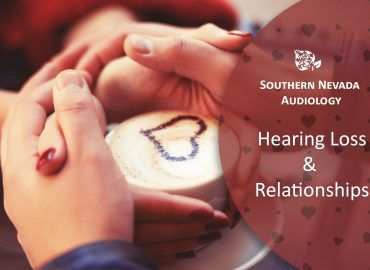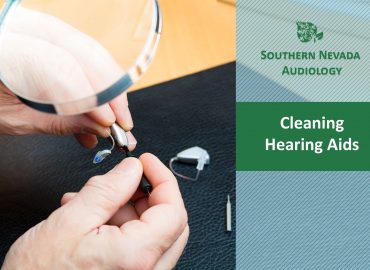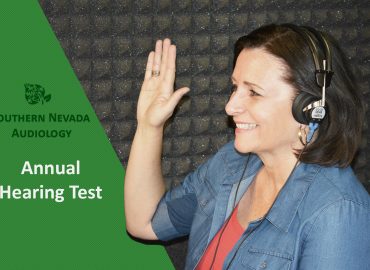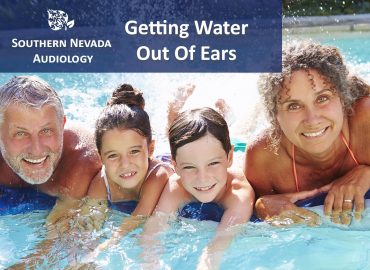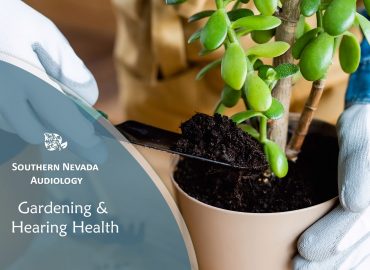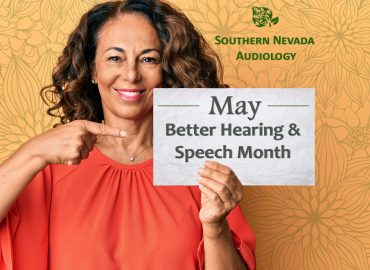Hearing Loss & Relationships
Many nations around the world have a day where love is celebrated with candy, dates or flowers. Relationships, especially long lasting ones, usually start from the same place: communication.
Talking to someone is the first step to getting to know them: what do they like, what do they fear, what did they think of the latest episode of that new popular show? Communication requires work and effort from both parties but an important first step is listening.
Hearing loss, in any form, can cause strain on both established relationships and ones just beginning to blossom. Missing out on a grandchild’s first recital, not quite catching the engagement announcement from that best friend, being unable to hear the first cries of a child – hearing loss can take away too much.
Be there for those important moments by taking care of your aural health. That is, the health and maintenance of the ear. At Southern Nevada Audiology, we help our patients understand and treat their hearing loss. We discuss hearing solutions and explore the best technology to match your lifestyle.
Hearing aids are an option for most stages of hearing loss. Simply calibrate the device and it is ready to go! Most hearing aids are small and discreet and have a Bluetooth option to connect easily to a cellphone or any other device that offers Bluetooth connection, like tablets or gaming devices. This allows for hands free conversations at the push of a button without even having to be next to the phone. As time goes on and the use of a hearing aid device becomes second nature, the device will be in need of maintenance. Daily maintenance is a must to avoid wear and tear and ensure the longevity and optimal peformance of devices.
Please schedule your hearing assessment checkup with Southern Nevada Audiology in Las Vegas today! Learn more about the advancements in modern hearing aids.

